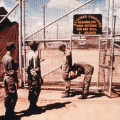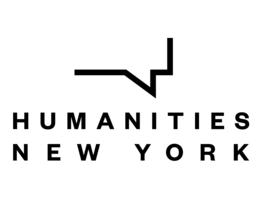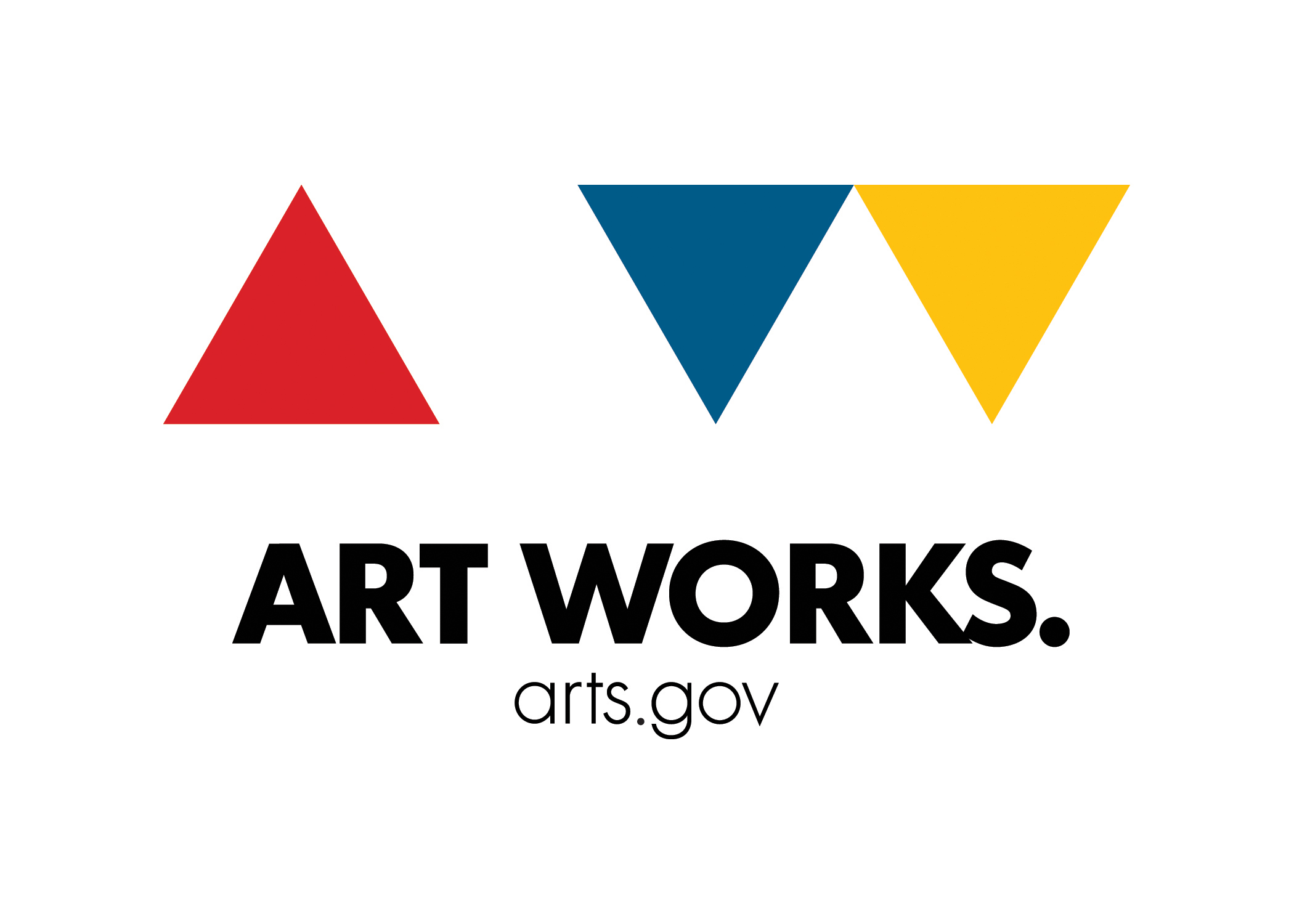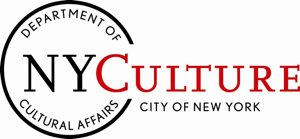Joe Richman: From PRX’s Radiotopia, this is Radio Diaries. I’m Joe Richman.
Archival: Now by virtue of the authority vested in me as a rabbi in Israel, under the laws of the state of California, do I pronounce you, Edward and Ruth, to be husband and wife before God and man.
Joe Richman: Ruth and Eddie Elcott got married on September 3rd, 1943, a year after they had met at a USO dance in Chicago. In order to get married, Ruth took the train from Chicago all the way to California, where Eddie was getting ready to leave to go fight in World War II. None of their relatives were able to attend the wedding, so they made a record and mailed it back to their family in Chicago.
Archival: Say hello to mama now. How did you remember doing that? We’re now man and wife as you know. What take. Oh I can’t, I can’t say anything. I’m just happy, that’s all.
Joe Richman: This was a moment in history when many people were recording themselves for the first time. With advances in audio technology, a trend started in the 1930s. People began sending records of their voices to each other through the postal service. It was the 1930s version of voicemail.
Archival: Down here at Salt Lake City and I come in this booth down here to make a recording. Hello everybody. We’re speaking to you from, uh, Atlantic City, New Jersey. Hello Uncle Bob, Aunt Mae, and Anne. This is Betty. I don’t know what to say, I’m so nervous.
Joe Richman: Audio letters were generally flat, lightweight records, made in small booths all over the world in places like amusement parks, bus and train stops, army bases and post offices.
Thomas Levine: You would put in a quarter or 50 cents, you would speak for about a minute, and then, when the recording was over, click, out would drop this tiny disc. A talking letter.
Joe Richman: That’s Princeton professor Thomas Levine. In 2011, he started collecting these audio letters from around the world and created what’s called the phono-post archive. Today, he has about 4,000 records crammed into his office.
Thomas Levine: Here, over to this filing cabinet. Here’s one. It says on the label, “Empire State Observatories,” E-S-O, voice record souvenir. I want you to feel this object.
Joe Richman: Wow, it is so light.
Thomas Levine: Super light, right? And that’s the whole idea, right? Because it has to be…
Joe Richman: It’s like paper basically.
Thomas Levine: Right and it has to be light because it has to basically be able to go through the mail and not cost much more than a letter. Let’s listen to some of it, shall we?
Archival: Hi, Jenny. I thought I’d make another record. That last one sounded pretty good. We’re up on the top of the Empire State Building, looking all over the city, like a couple of [inaudiable] from the country. It really is quite a sight, except it’s foggy today and we can’t see very far. Can’t help but say I wish you were here with me. I know we’d have a lot of fun. So we’ll see you later and have a good, woncha. Bye.
Joe Richman: What’s so amazing about these recordings is how they feel timeless, yet they were basically disposable. The records weren’t meant to last. Sometimes people would play them over and over, wearing down the grooves in the record until nothing could be heard anymore, or they just fell apart. Audio letters became especially popular during World War II. There were recording booths at many military bases, so soldiers could mail the records to their families back home. And they even had sponsors like Gem razors and Pepsi-Cola.
Archival: Hello Mr. and Mrs. Sam Beezman of Reisterstown, Maryland. The Pepsi-Cola company is very happy to send you the voice of your soldier son. Corporal in the US army, Clarence M. Beazman. Here he is! Hello mom and dad. Well, it’s been seven months now, since you have heard my voice. So here, here goes. Pepsi-Cola people are giving me this opportunity. I hope you all are well. Dad, I want you to take it easy in this hot weather, and you too, mom. Say hello to Liv and Melton for me. Or come to think of it, play this for them. Well, so long for now. Love to all of you. Nell.
Joe Richman: We’ve been combing through the phono-post archive, the world’s first collection of audio letters. In all these records, you hear a lot of nervous laughter, whistling, awkward silences. People only had about 60 seconds to record themselves in the booths, but oddly enough, that could feel too long. Listening in on these private, intimate messages, it’s like hacking into a 1940s server. Especially because most of the recordings were ultimately about matters of the heart. There are love letters, marriage proposals, apologies from a lover’s quarrel, even couples on dates who crammed into the recording booths. For this show, we pulled together some of our favorites to make you a voicemail valentine.
Archival: Hello, honey. This is your husband. Instead of writing, I thought I’d let you hear my voice again. And I wish I could be home. I love you very much and you know it. And that’s about all I can say. I’d sing, but I can’t sing. Goodbye and I love you and I miss you.
Archival: Jane, honey, I really do love you. I want to marry you. Wish you wouldn’t have me wait until whenever you get out of school. And if you’ll do it, well, you’ll make me the happiest man in the world. Please write more often, will you, Jane?
Archival: Hello darling. I am wearing the beautiful purse that you gave me. The main purpose of this recording is to make you see that I love you and you only. Sayonara, honey. All my love, Grace.
Archival: [Singing] I’ll dance at your wedding. I’ll dance at your wedding. I’ll dance at your wedding. I’ll have a wonderful time.
Got that loud. I’m good too. I’ll say maybe.
Archival: [Speaks passionately in Spanish]
Archival: Alright. There goes the green lights. Start talking, Kenny. Tell the people at home that you’re in Hartford. Come on. I’m bashful, you tell them. Alright, I’ll tell them. We went all around town, looking for an Italian place to eat because we like the tomato sauce. Yes, go on. You tell him, I’ve forgotten. Well just sit there and tell me you love me. Oh, no, you like blackmailing. I’ll tell you I you anyway. Oh, you love me? Yes. Listen, mother, you heard him now. He wants to marry me.
Archival: Mom and dad. I was afraid to tell you, but we couldn’t wait any longer. So we eloped. We went down to Florida for our honeymoon and are having a lovely time. We hope you won’t be too angry at us for doing what we have done, but you know how it is, young love. So we figured it’s the right thing to do.
Archival: Hello, darling. How’s that darling wife of mine today? Still love me? Well darling, here I am way out here in New York. Someday, yeah, soon I hope, we’re both be back together again. And then we can pick up life just where we left off. I am a little nervous and you know why. Well, darling, you keep the chin up. I always keep in mind that wherever I am, whatever I’m doing, night or day rain or shine, I’ll be loving you always. With a love that’s true, always.
Joe Richman: That’s Leland Burrows, singing to his wife, Sophia, in a recording he made in 1945. They were married for 38 years. And today, they’re buried together in Elmwood Cemetery in Gooding, Idaho.
Archival: Always, always. And I do mean always. Well, sweetheart, my time’s about up, so I’ll say so long for now, until we meet again. Love, Leland.
Joe Richman: To see images of these audio letters and much more, go to our website, radiodiaries.org. The recordings come from Tom Levine’s phono-post archive at Princeton University, which is the world’s first and only archive of audio letters. You can hear more from the collection at phono-post.org. That’s phono, P-H-O-N-O, dash post dot org.
Also, thanks to William Bowman, who restores the antique recording booths these records were made in. If you want to see what those old booths look like, check out the Voice-O-Graph Facebook page. And one of those booths was sold to musician, Jack White, who let his friend, Neil Young, record an entire album in it.
The Radio Diaries podcast is produced by Nellie Gilles, Alissa Escarce, and Mycah Hazel. Our Operations Manager is Stephanie Rodriguez. Our editors are Deborah George and Ben Shapiro. Radio Diaries is part of the Radiotopia network from PRX, a collective of the best podcasts on the planet. We’re supported by the New York City Department of Cultural Affairs and the Lily Auchincloss Foundation. And by listeners like you. I’m Joe Richman. Thanks for listening.








